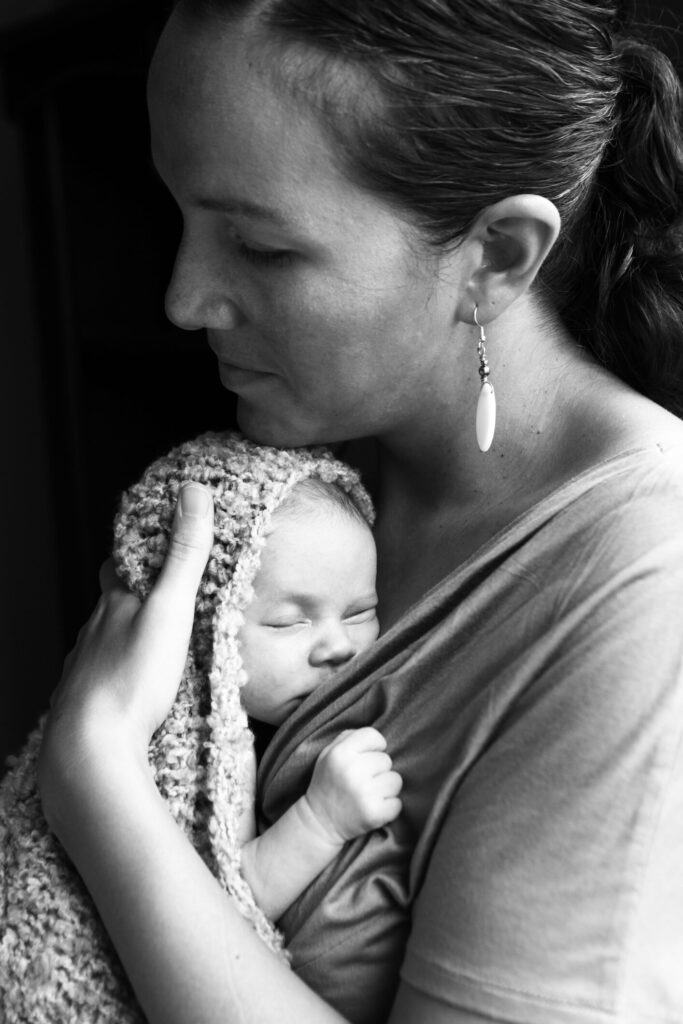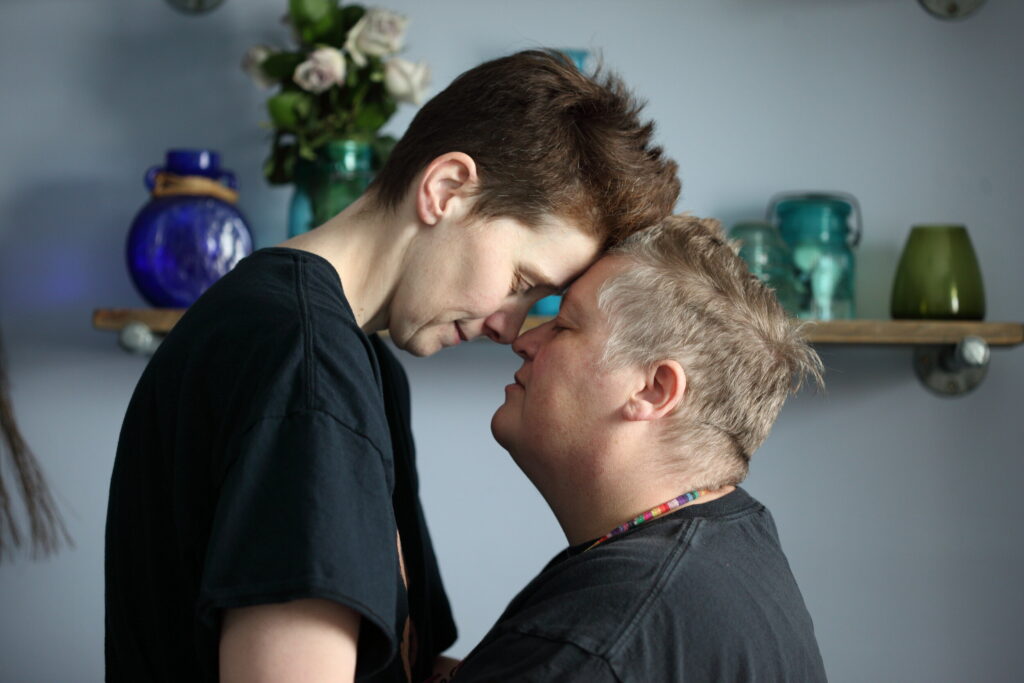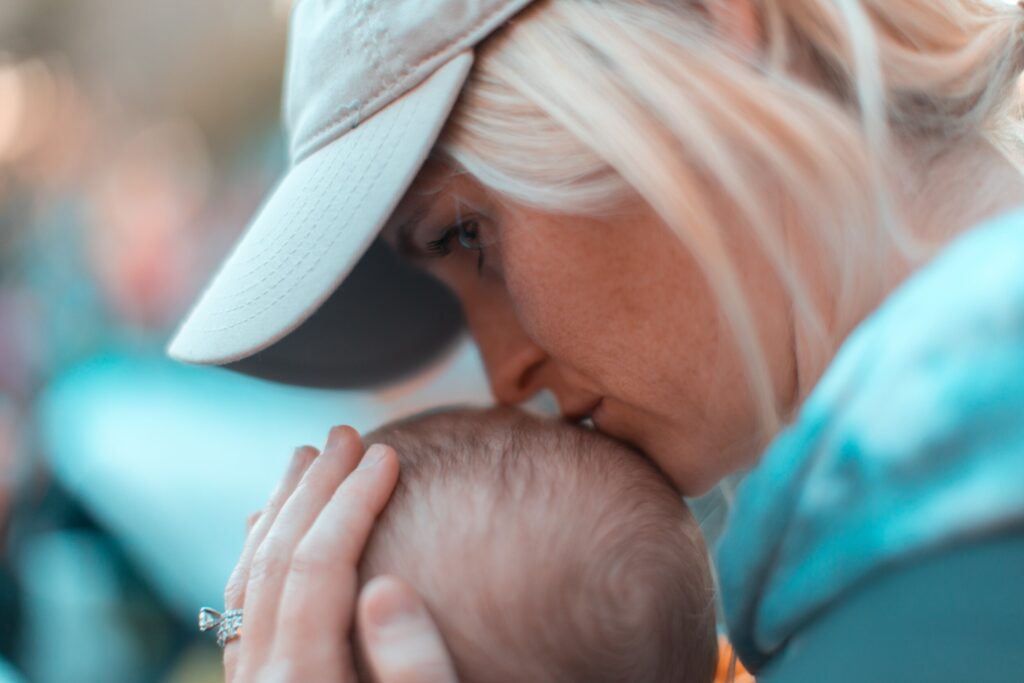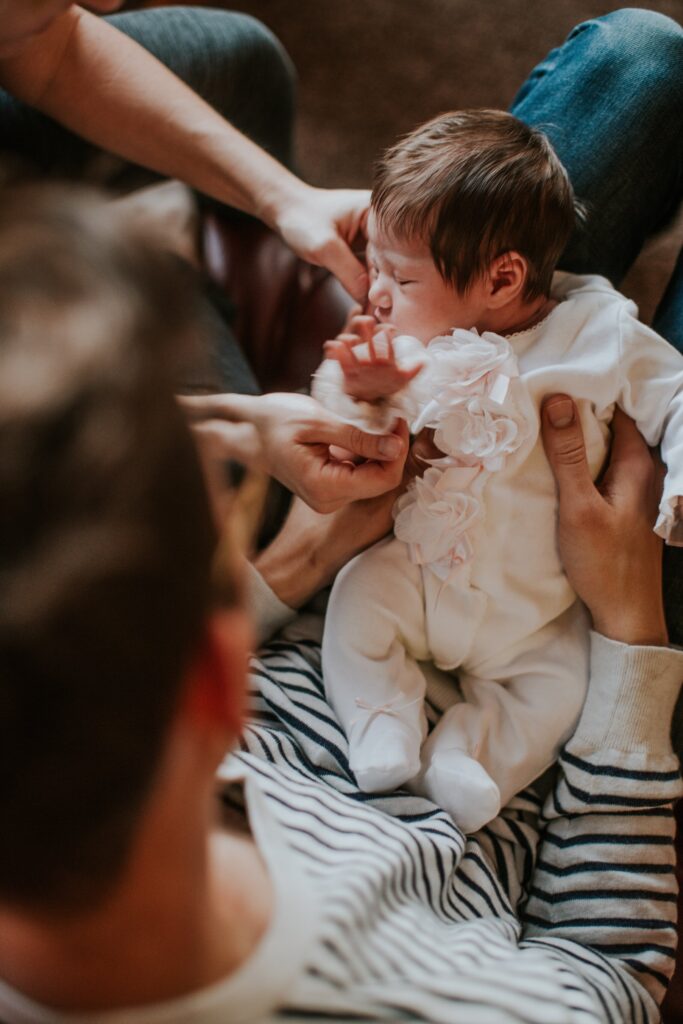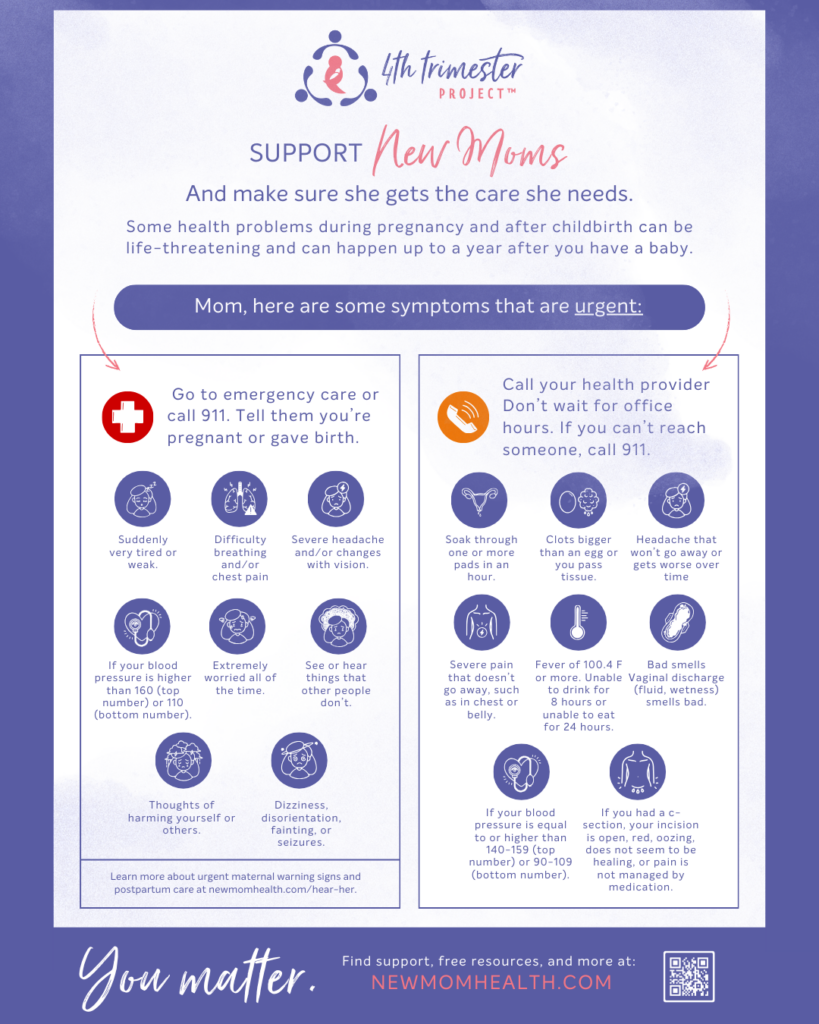
During pregnancy, your placenta cranks out the hormones estrogen and progesterone. Some of that progesterone changes into a hormone called allopregnanolone, which binds to a receptor in the brain called GABA. The GABA receptor relaxes you – it’s the same receptor that alcohol and medications like valium bind to. During pregnancy, moms are essentially swimming in relaxation hormones. With the birth of your baby, the progesterone and allopregnanolone disappear – and with them, the GABA-induced relaxation. Progesterone levels typically bottom out the same day that your breast milk changes from honey-yellow colostrum to fast-flowing milk. As far back as 1875, doctors noticed that moms had mood swings around the time that milk came in: “This is called ‘milk fever,’ and coincides with the beginning of the flow of milk.” About 80% of moms experience “the baby blues” in the first week or two after birth, and it’s likely that the loss of that soothing allopregnanolone plays a role, as their brains adjust to the new normal.
For other moms, it takes longer for the brain to adjust – and to cope with disrupted sleep, recovering from birth, and sorting out how to soothe and care for a newborn. If the baby blues are getting darker over the first 10-14 days, you might be developing postpartum depression or anxiety, which affect one out of eight moms. If you’re struggling, know that you are not alone. You are not to blame. And with help, you will get better.
Your body and hormones are going through A LOT. Be sure you recognize the signs and symptoms of different postpartum maternal mental health mood disorders – we break them down here.
KNOW that these conditions are ALL treatable. KNOW that there are free, 24/7, anonymous resources to seek support. You are not alone. Don’t suffer in silence.
Here is a quick overview of your postpartum hormones and why you might not feel great after childbirth:
Some mental health conditions are considered a medical emergency. Learn the urgent maternal health warning signs and what to do if you or someone you know may be experiencing them.
*In a medical emergency, in addition to calling 911, for mental health emergency support, be sure to call 988 (suicide hotline), and/or the maternal mental health hotline or PSI hotline – FREE, 24/7, anonymous in Eng/Spaniish via text, chat, phone, and mobile app.
Additional Resources to Explore:

